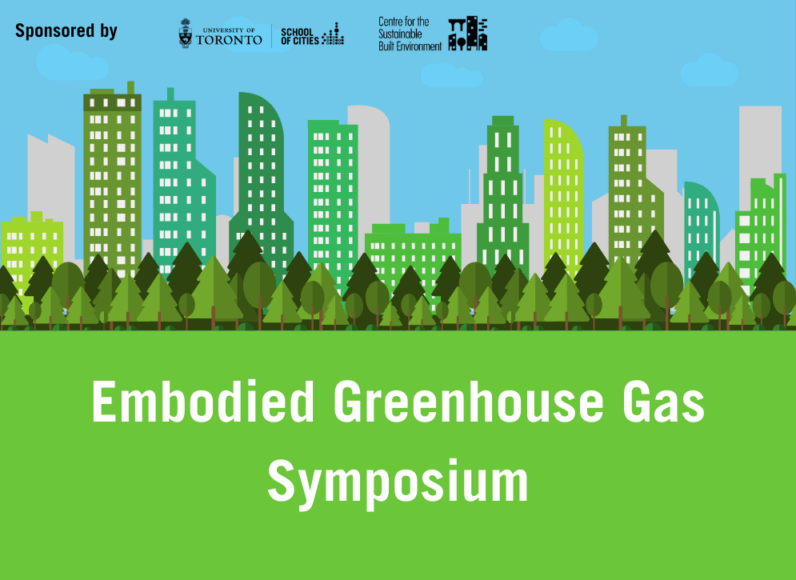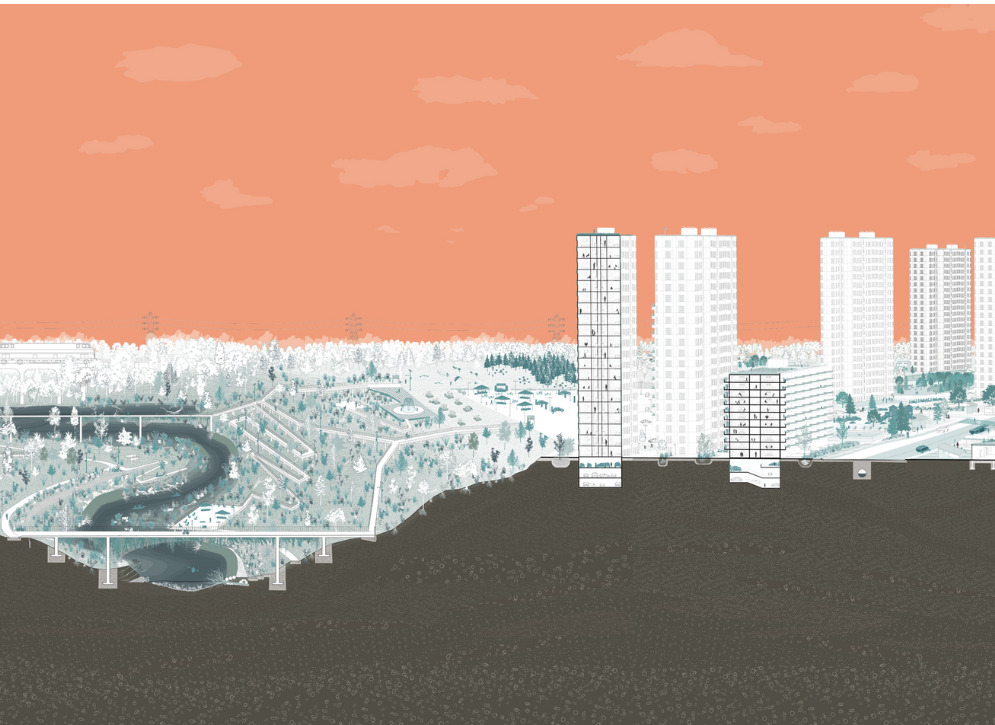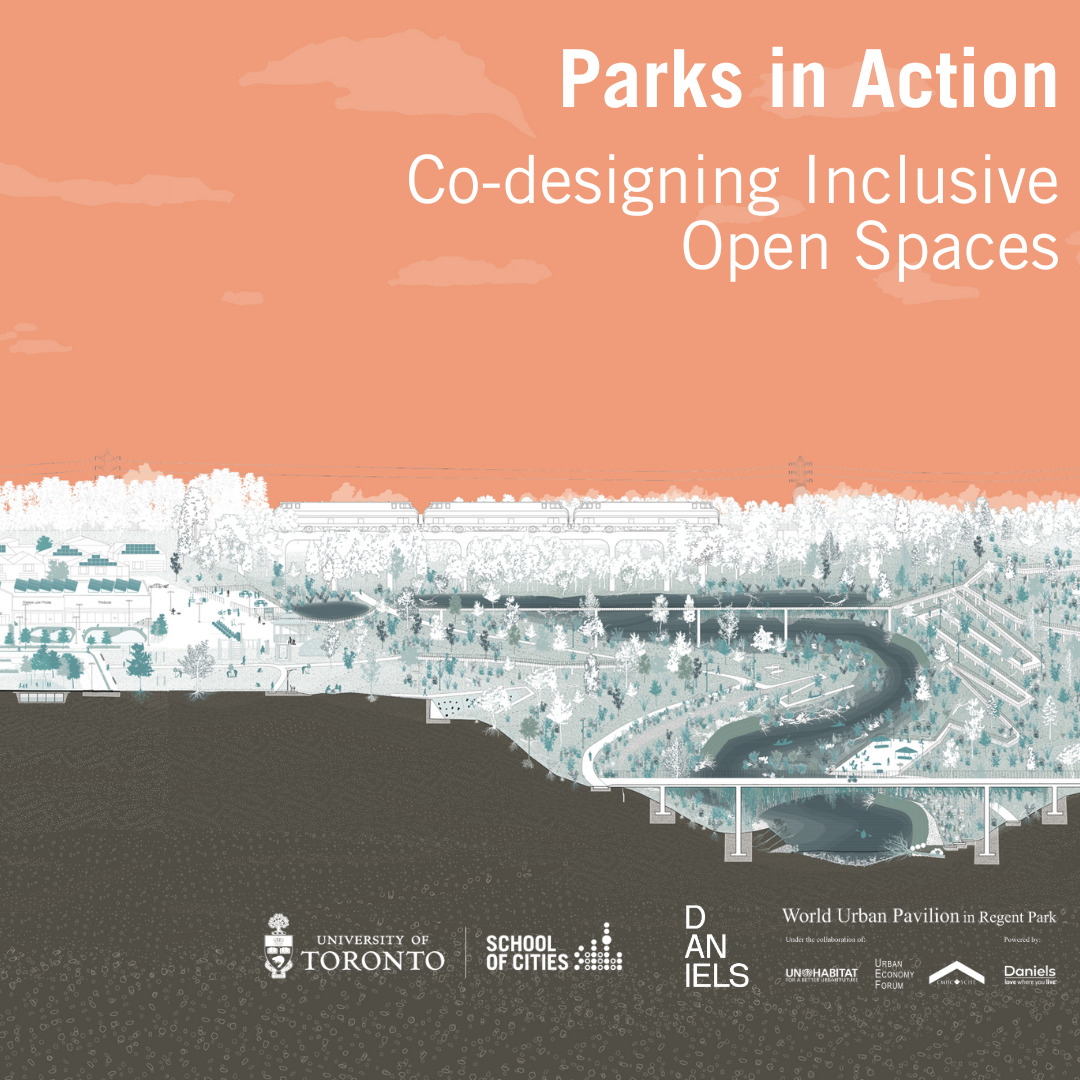As climate change affects water availability, concepts of climate resilience are increasingly shaping practices for water infrastructure planning and service provision. Critical scholarship on climate adaptation and water security argues for politicizing resilience practices to address deep-seated inequalities. It urges us to look beyond technological solutions to examine how institutions and water provisioning practices contribute to users’ resilience. Building on this emerging scholarship, this talk advances ideas for planning resilient water systems in water-scarce cities of the global South. I draw on sixteen months of ethnographic research on water governance in Tiruppur, a fast-growing, secondary city in southern India. In contrast to perspectives that either focus on engineering technological solutions or those that focus on community- or household-scale coping measures, I argue for centering the largely invisible, everyday practices of ‘street-level actors’—the people who deliver water from infrastructures to homes and their everyday operations of infrastructures as a critical site for rethinking resilience. Through their embodied knowledge and everyday acts of improvisation that respond to water users’ needs and infrastructural relations, these street-level actors keep a chronically stressed water system in working condition, thus, averting social chaos. In conclusion, the talk discusses how lessons from the street-level can help us reimagine resilient water systems when large-scale infrastructural investments are underway across urban India. I also reflect on the material and discursive limits to improvisation at the street-level and outline some reforms required for transformative resilience.
Presented by:
Nidhi Subramanyam (she/her), Assistant Professor, Geography & Planning – Environmental Planning Concentration Advisor, MScPl Program, University of Toronto









